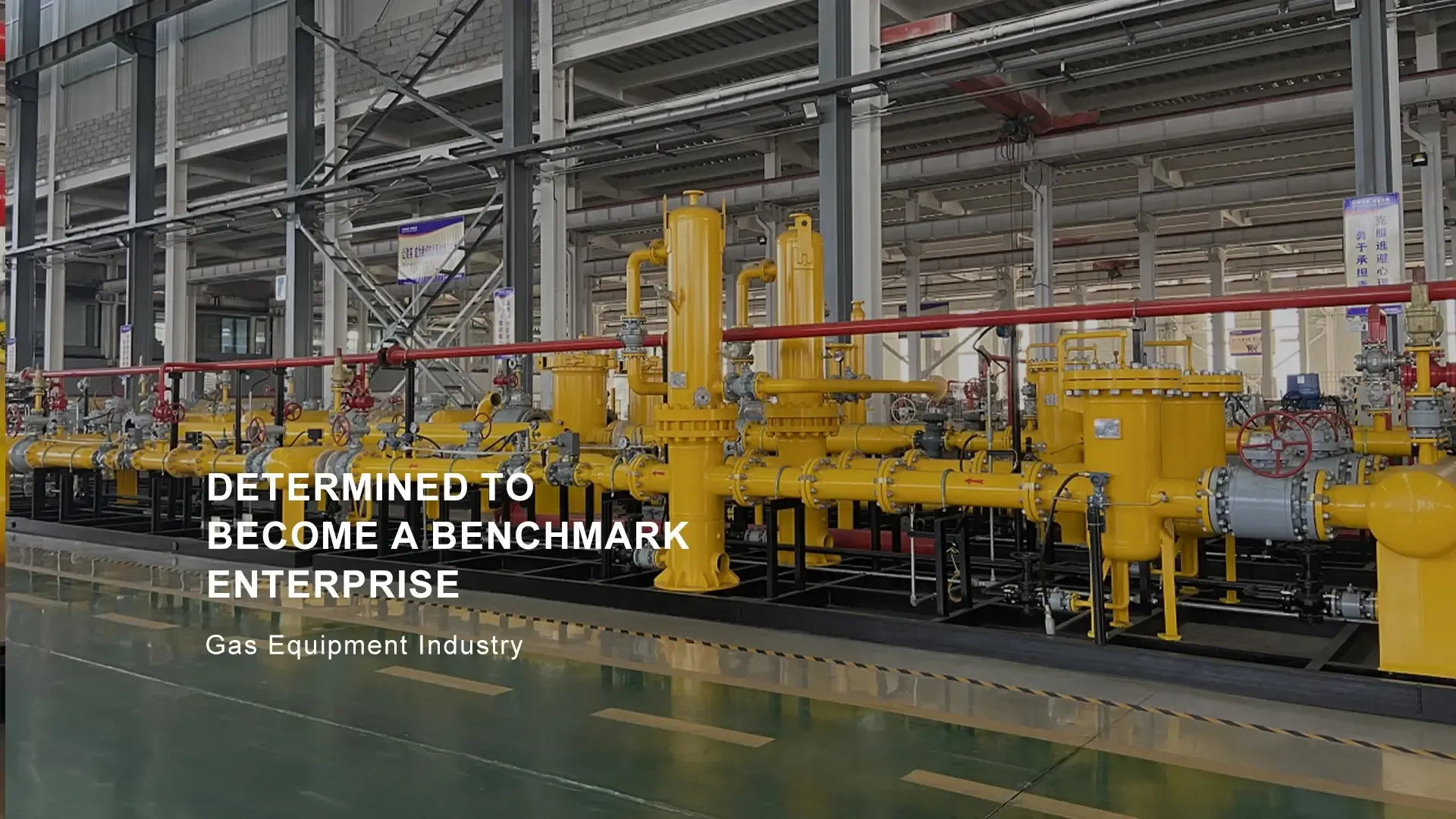
Sep . 28, 2024 11:50
Back to list
filtration
Understanding Filtration An Essential Process for Purity and Safety
Filtration is an essential process utilized in various fields, including water treatment, pharmaceuticals, food production, and even air purification. At its core, filtration involves the separation of solid particles from liquids or gases by passing the mixture through a porous material that allows only certain substances to pass while retaining others. This mechanism not only helps to ensure the purity of products but also plays a critical role in maintaining safety standards.
In water treatment, filtration serves as a primary method for removing impurities and contaminants from drinking water. Municipal water systems commonly use sand filters, activated carbon filters, and membrane filters to clean water before it reaches consumers. Sand filters utilize layers of sand to capture larger particles, while activated carbon filters adsorb organic compounds and chlorine, improving taste and odor. Advanced filtration systems, such as reverse osmosis, employ semipermeable membranes to remove dissolved solids, leading to superior water purity.
In the pharmaceutical industry, filtration is crucial in both the production and packaging of medications
. The process ensures that sterile products are free from microbial contamination, which is imperative for patient safety. For example, aseptic filtration is commonly used to sterilize heat-sensitive solutions without altering their chemical composition. This method enables the production of safe and effective pharmaceuticals that meet strict regulatory standards.filtration

Beyond liquids, filtration is also significant in air purification. With growing concerns over air quality and health impacts of pollutants, filtration systems are employed in homes, offices, and industrial settings. High-Efficiency Particulate Air (HEPA) filters are known for their ability to trap at least 99.97% of particles that are 0.3 microns in diameter. This capability makes HEPA filters an essential component in environments where clean air is critically needed, such as hospitals and laboratories.
There are various types of filtration methods, each suited for specific applications. Mechanical filtration relies on physical barriers to remove particles, while chemical filtration involves reactions that neutralize contaminants. Additionally, biological filtration uses living organisms to break down waste products, commonly seen in aquaculture and wastewater treatment.
The significance of filtration extends beyond practical applications; it is also crucial for environmental sustainability. By employing effective filtration systems, industries can minimize waste, recycle materials, and reduce the release of harmful substances into the environment. For instance, in the food industry, filtration is used to clarify juices and wines, ensuring that the final product is both appealing and safe for consumption.
In conclusion, filtration is a multifaceted and indispensable process that impacts many aspects of our daily lives. Whether in ensuring the safety of our drinking water, maintaining the sterility of pharmaceuticals, or improving air quality, the importance of effective filtration cannot be overstated. As technology continues to advance, we can expect filtration methods to become even more efficient, contributing to a healthier and safer world.
Latest news
-
Safety Valve Spring-Loaded Design Overpressure ProtectionNewsJul.25,2025
-
Precision Voltage Regulator AC5 Accuracy Grade PerformanceNewsJul.25,2025
-
Natural Gas Pressure Regulating Skid Industrial Pipeline ApplicationsNewsJul.25,2025
-
Natural Gas Filter Stainless Steel Mesh Element DesignNewsJul.25,2025
-
Gas Pressure Regulator Valve Direct-Acting Spring-Loaded DesignNewsJul.25,2025
-
Decompression Equipment Multi-Stage Heat Exchange System DesignNewsJul.25,2025

